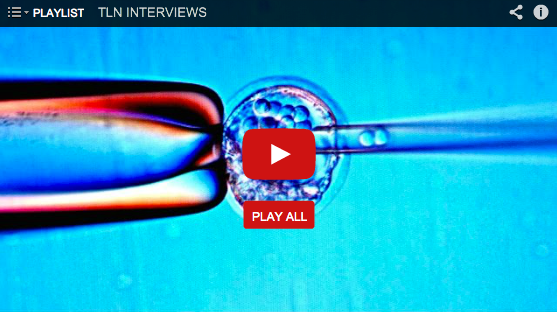Special Guest Speaker, Roberta F. Shapiro DO, FAAPM&R speaks about: “A New York Doctor’s Path to Panama” at the Stem Cell Institute’s Stem Cell Therapy Public Seminar in New York City on May 17, 2014.
Dr. Shapiro discusses how she discovered the Stem Cell Institute and why she started referring her patients to Panama for stem cell therapy.
Dr. Shapiro operates a private practice for physical medicine and rehabilitation in New York City. Her primary professional activities include outpatient practice focused on comprehensive treatment of acute and chronic musculoskeletal and myofascial pain syndromes using manipulation techniques, trigger point injections, tendon injections, bursae injections, nerve and motor point blocks. Secondary work at her practice focuses on the management of pediatric onset disability.
She is the founder and president of the Dayniah Fund, a non-profit charitable foundation formed to support persons with progressive debilitating diseases who are faced with catastrophic events such as surgery or illness. The Dayniah Fund educates the public about the challenges of people with disabilities and supports research on reducing the pain and suffering caused by disabling diseases and conditions.
Dr. Shapiro serves as assistant clinical professor in the Department of Rehabilitation and Regenerative Medicine at Columbia University Medical Center.





